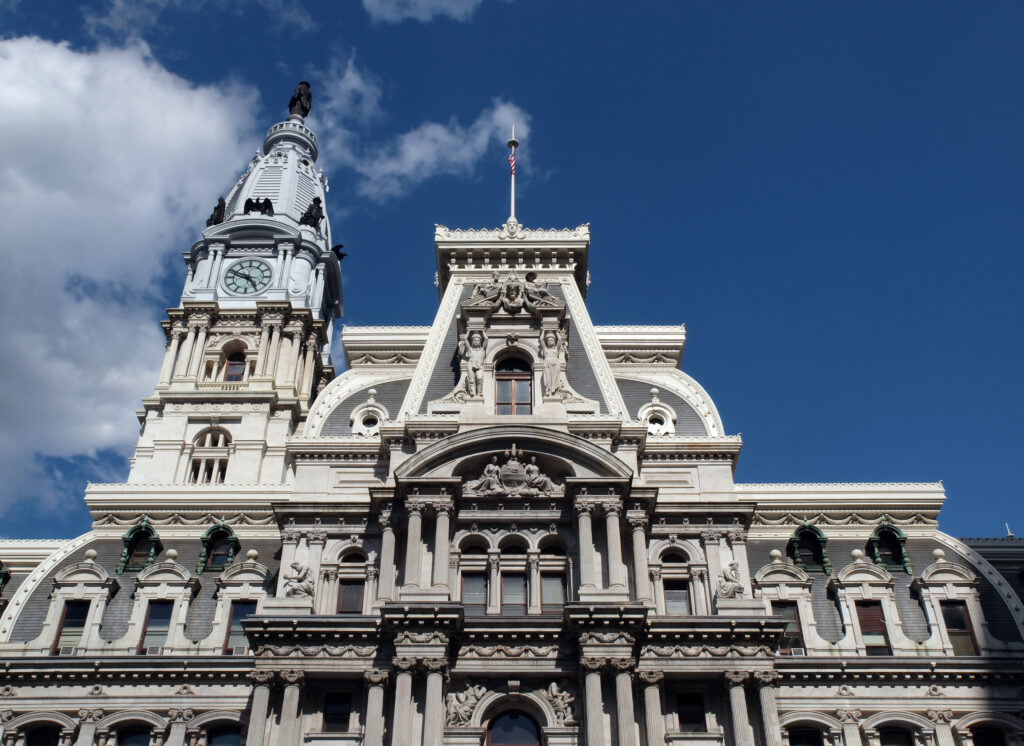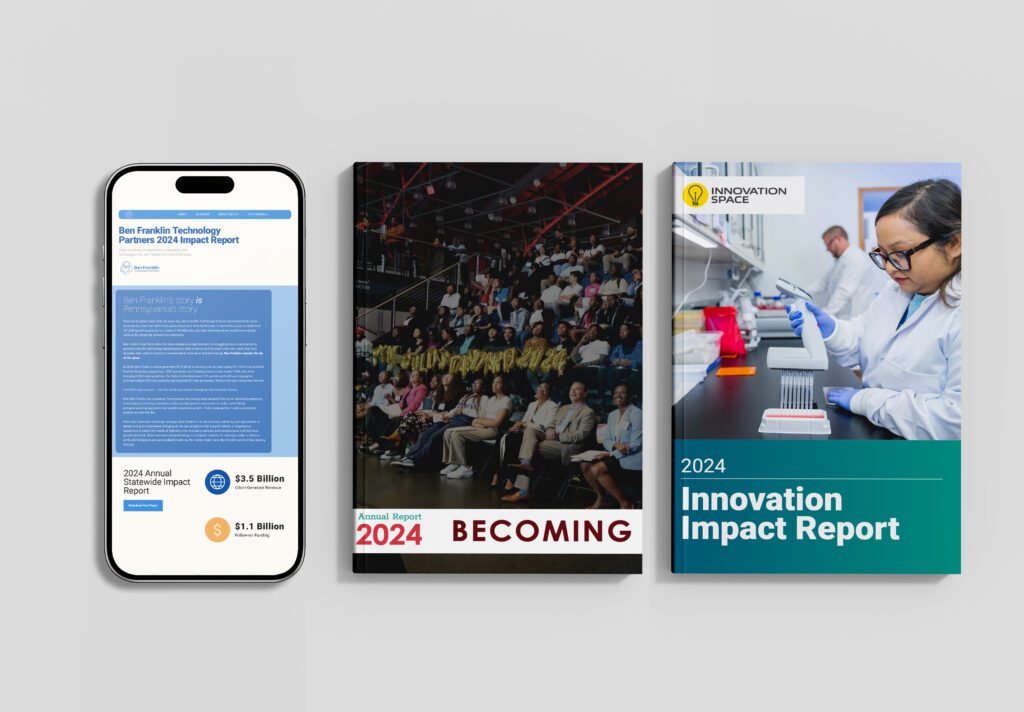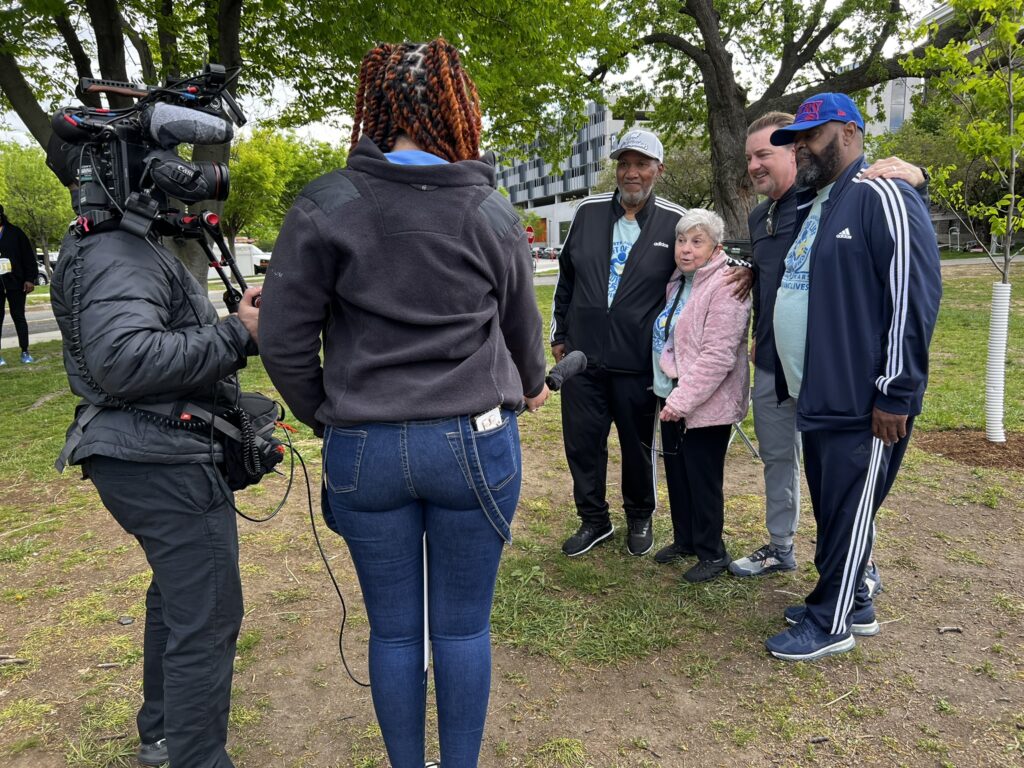
It’s the quiet before the storm; the lull between elections when political rivals plan their strategies and determine how to best unseat opponents or remain in office.
In Philadelphia in 2019, candidates will be running for sheriff and city council seats. But the big question is who will be mayor? A primary in May will determine the candidates, with a general election in November.
Can Jim Kenney manage a second term? Or will someone else grab the reins?
Democratic State Sen. Anthony H. Williams has said he is “seriously thinking” about running for mayor, but hasn’t yet announced his candidacy.
So far, the candidate with the reputation and juice to pose a serious threat to the mayor is Democrat Alan Butkovitz, the former city controller. He also served as a state representative and has been a Democratic ward leader for more than two decades. Butkovitz has toyed with the idea of running for mayor for years, but in November made his candidacy official.
Butkovitz’s campaign launch follows Attorney General Josh Shapiro’s announcement of corruption charges against Desiree Peterkin Bell, once a top aide to former Mayor Michael Nutter. Allegations state that Bell stole and misused $250,000 in taxpayer money. They stem from an investigation by Butkovitz, a mark in the plus column for the candidate.
His campaign is expected to challenge Kenney over the city’s rising homicides (351 in 2018), the high poverty rate that hovers around 26 percent and shows no signs of dropping, and the controversial beverage tax. In addition, Butkovitz can be expected to hammer Kenney over what may be seen by voters as significant fiscal mismanagement under his watch.
“While he has given the back of his hand to poor people in this city, he’s also managed to antagonize businesses whose investment we need in order to create jobs for our local economy,” Butkovitz said in a recent news report. He has also publicly taken issue with stop-and-frisk, a law enforcement tactic that gained momentum under the Nutter Administration. Kenney promised to end stop and frisk during his campaign but hasn’t.
Publicly, the mayor has touted expanding pre-K as one of his accomplishments, in addition to reducing the prison population.
“Philadelphians want a progressive leader who will stand up to the rich and powerful — not a corporate Democrat running to help billionaire soda CEOs,” Kenney campaign spokeswoman Lauren Hitt said in a recent media report.
Without question, Butkovitz will pressure on Kenney regarding the beverage tax. The mayor has stated numerous times that the tax, which was sold as a means to support universal Pre-K, is working. A Dec. 23 opinion piece by the Philadelphia Inquirer’s editorial board disputed tax opponents’ evidence that the tax is killing jobs.
“The soda tax has so far generated $137 million,” the editorial board wrote. “According to a recent controller’s report, only $31.7 million has been used to fund pre-K, but the city plans to increase enrollment from 2,000 seats to 6,500 in 2020. Philadelphia has 100,000 children under the age of five, so that’s still not enough, but it’s more than a drop in the bucket.”
Maybe so, but on Jan. 2, Brown Superstore Inc. president and CEO Jeff Brown announced he was closing a ShopRite at 67th and Haverford Avenue. The reason, according to Brown, is a 23 percent drop in overall sales since the beverage tax went into effect. The location has been reportedly running at a net annual loss of about $1 million. Annual sales dropped from $30.5 million 2016, the year before the tax, to $23.4 in 2018, Brown said.
Brown had not been forced to lay off employees since the tax took effect, but said he has lost about 200 people to attrition – jobs he chose not to refill.
No doubt Butkovitz will also attack Kenney on the $33 million in taxpayer’s money the city treasurer could not readily account for.
And the administration’s decision to pull the plug on the renovation of the old Prudential building as the new headquarters for the Philadelphia Police Department will certainly be called into question by Butkovitz and any other mayoral candidate entering the race. The city spent $52 million renovating the property. Now, the Kenney Administration wants to sell it for $10 million, resulting in a $42 million dollar loss.
The Administration has since moved forward rehabilitating the former Inquirer building at 400 N. Broad Street as the new police department headquarters. The cost to rehabilitate that property was estimated at $288 million.
The race should gear up soon. We’ll be watching.




